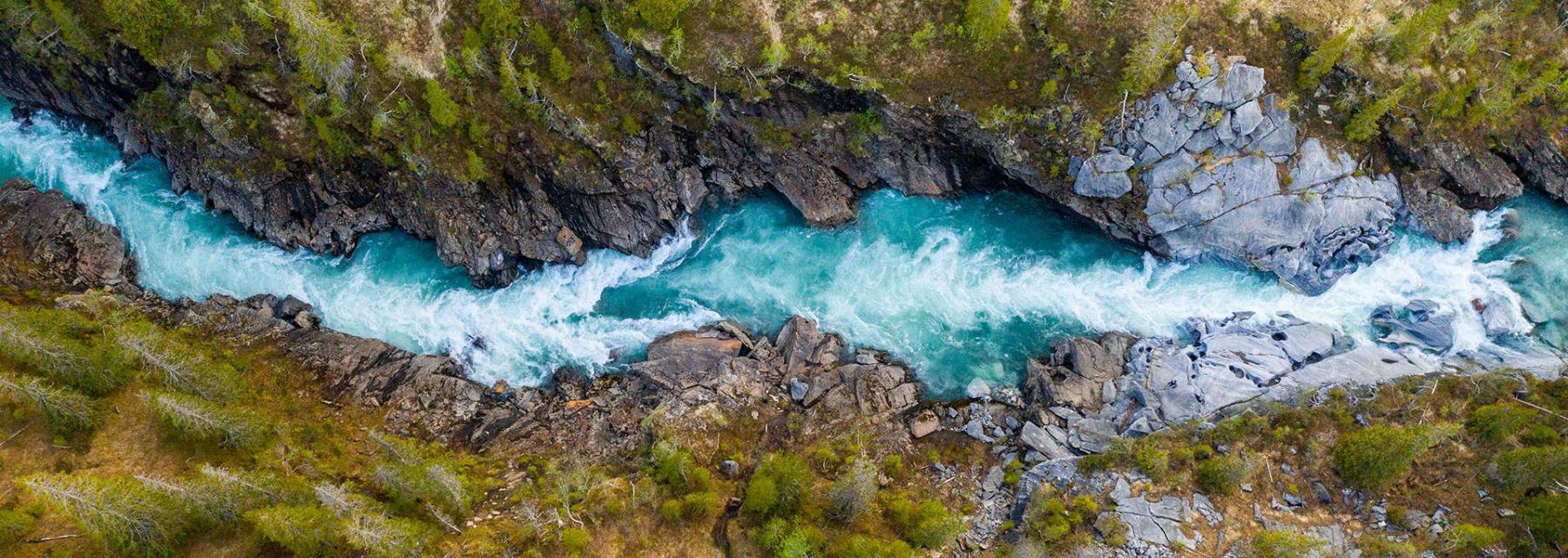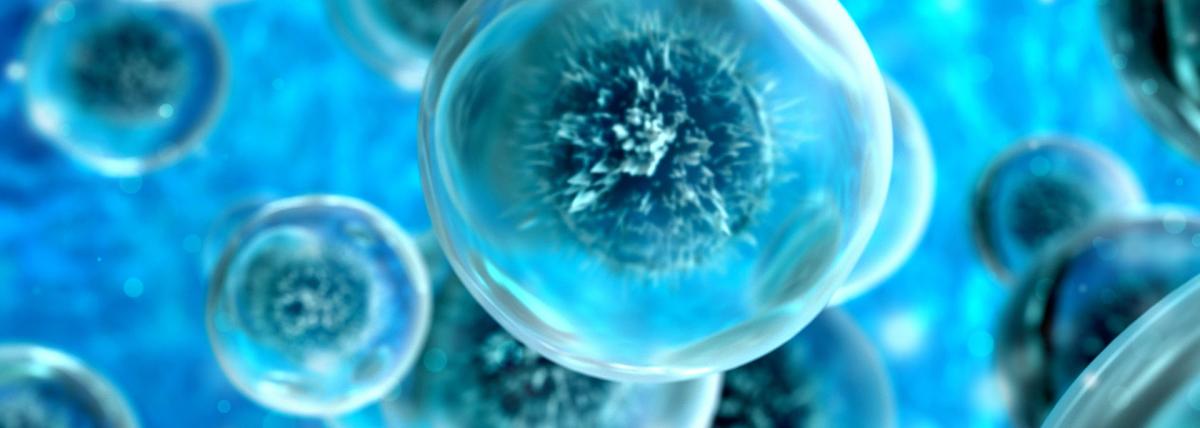
Oil and Water Don’t Mix: Engineering a Solution to Clean Up an Oil Spill
by Jaime Camero
Students will construct a model of an ocean habitat to simulate an oil spill. They will then make observations about the behavior of the oil in the water and on the various items in the habitat model. They will use their observations to test out different materials to clean up the oil and put multiple materials together to clean up the oil in the habitat model. This unit includes four lessons with an accommodation for two lessons of time does not permit.
Lesson Grade Level
6th GradeLesson Plan Link/URL
https://docs.google.com/presentation/d/1eSPA_doXq6yeOd_nZlE2zZPhm4Y0Imnv/edit?u…Subject Area
Science Life Science L2: Organisms & Energy Technology 3. Knowledge Constructor 5. Computational Thinker 6. Creative Communicator Engineering S2: Apply the Engineering Design Process S3: Apply Mathematics to Engineering S4: Apply Science to Engineering S5: Apply Technology to Engineering S6: Apply Communications to Engineering S7: Apply Project Management to Engineering English Language Arts (ELA) Reading (Informational Text) Writing Speaking & Listening
Featured
Off
Related Content

Grades:
6th Grade
This lesson takes place in a classroom over two weeks. Students may work in small groups of 2-3. Prior to the robotics challenge, teachers should facilitate student discussion through guided lessons

Featured
Mosquito Management
Grades:
3rd Grade, 4th Grade, 5th Grade
This lesson takes place in as classroom for one or more 60 minute class periods. The data collection portion may continue for 2+ weeks (or whatever time frame you decide). An emphasis is placed on the

Grades:
6th Grade, 7th Grade, 8th Grade, 9th Grade, 10th Grade, 11th Grade, 12th Grade
Are your students fans of Formula 1? If they are or aren't this lesson will take a look into the dominance of Red Bull Racing in Formula 1. Why is Red Bull so dominant? Is it the driver or the

